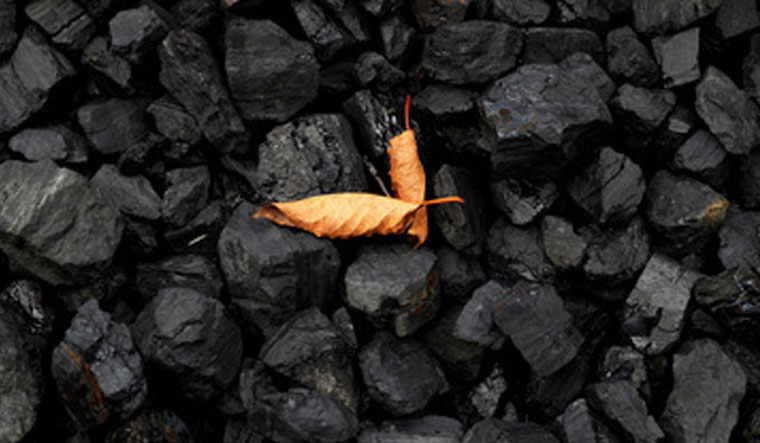The government announced the successful completion of the first round of auctioning of coal mines for private players, part of the restructuring measures announced to combat the Covid economic pains back in May. The first round of coal block auctioning which was on since last Monday came to a close today, leaving the government coffers richer by 7,000 crore rupees.
Union coal and mining minister Pralhad Joshi said that just the first tranche of 19 mines auctioned across five states will provide employment to nearly 70,000 people. “Commercial mining will help us achieve Atmanirbhar Bharat,” the minister said
The present auctioning of coal blocks to private players is significant as the rules have been simplified much further as compared to earlier. Earlier, only organisations with end-use plants, with prior experience and a certain net worth, could bid. But, the new simplified rules, after the tranche of economic reforms announced by finance minister Nirmala Sitharaman back in May, meant even a company without prior experience in coal mining could bid, and were free to sell the coal commercially. The cabinet committee on economic affairs had approved the auctioning on a revenue sharing basis, but with full freedom to the winners to sell the coal, unlike before.
The first auctions under the new regulation were flagged off by PM Modi on June 18. While there were 38 coal blocks in total up for grabs, only 23 got bids, and only 19 got more than one bid, which went under the hammer over the past week. 11 of these are opencast, 5 underground and 3 mixed-use. The coal blocks were spread across five states—Madhya Pradesh (8), Jharkhand (5), Odisha (2), Chhattisgarh (2) and Maharashtra (2)
A total of 42 companies participated in the auctions, with final winners including the likes of Adani, Anil Agarwal's Vedanta and the Aditya Birla group. Two public sector undertakings were also among the list of winners, including the Andhra Pradesh Mineral Corp which won Brahmadiha coal block in Jharkhand by offering the government a particularly high revenue share of 41%. The mine has reserves of 50 lakh tonnes only but is expected to gain revenues of 114 crore rupees once peak capacity is reached.
Five coal blocks were sold last Monday, the first day of auctions, and another 5 on Tuesday, followed by three on Wednesday. The remaining were bid on over the course of the remaining three working days, bringing the first tranche process to a close early evening today.
India has one of the largest coal reserves in the world, yet also remains one of the largest importers as well. The present government has repeatedly argued that this skewed ratio has to change, with the post-Covid new economic order forcing the government to step up its measures for self-reliance, particularly in the area of energy.
“For the next 20 to 30 years, we should be able to use coal,” Joshi commented, adding that after this period, it was uncertain as to what pressures India would face regarding coal usage.





